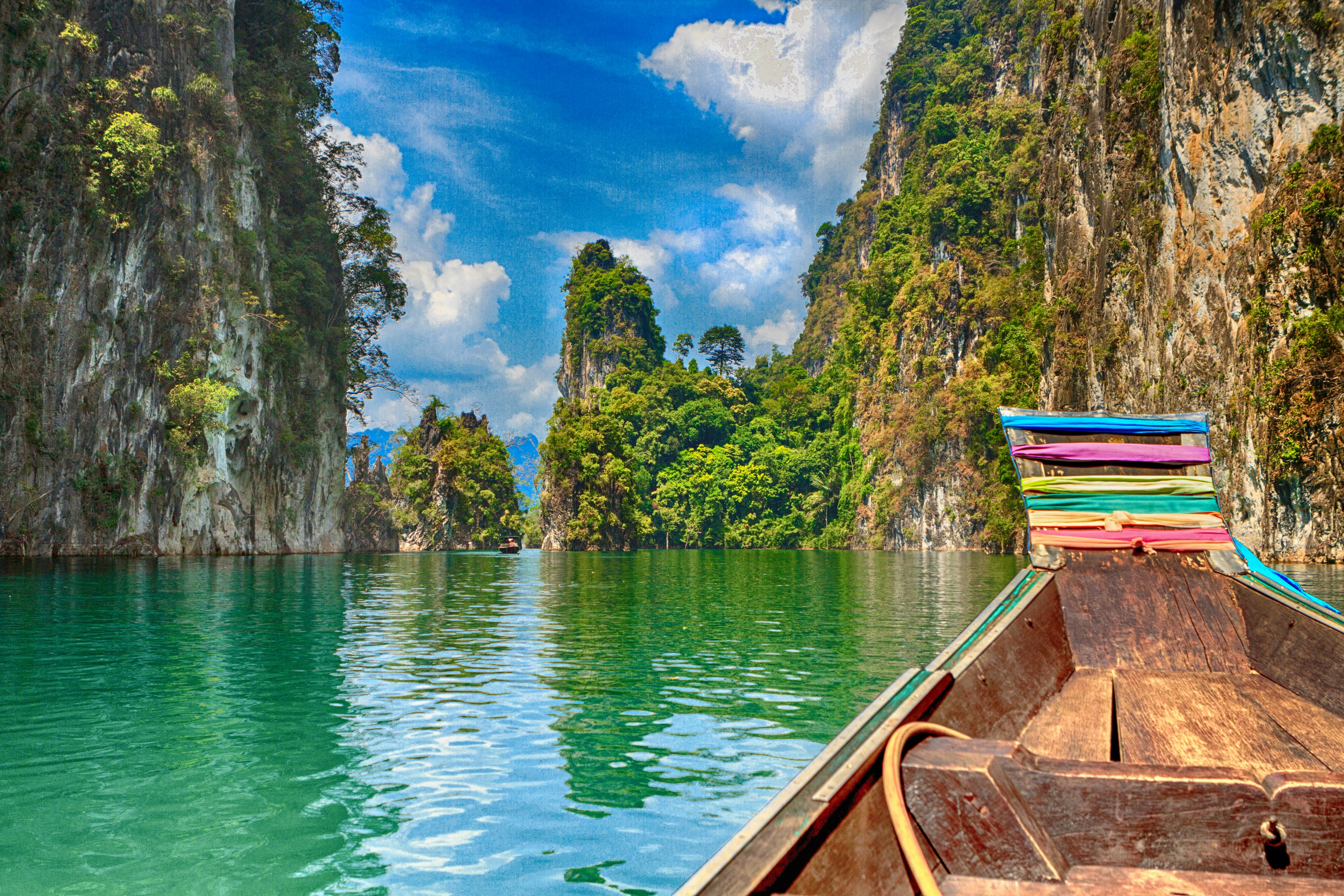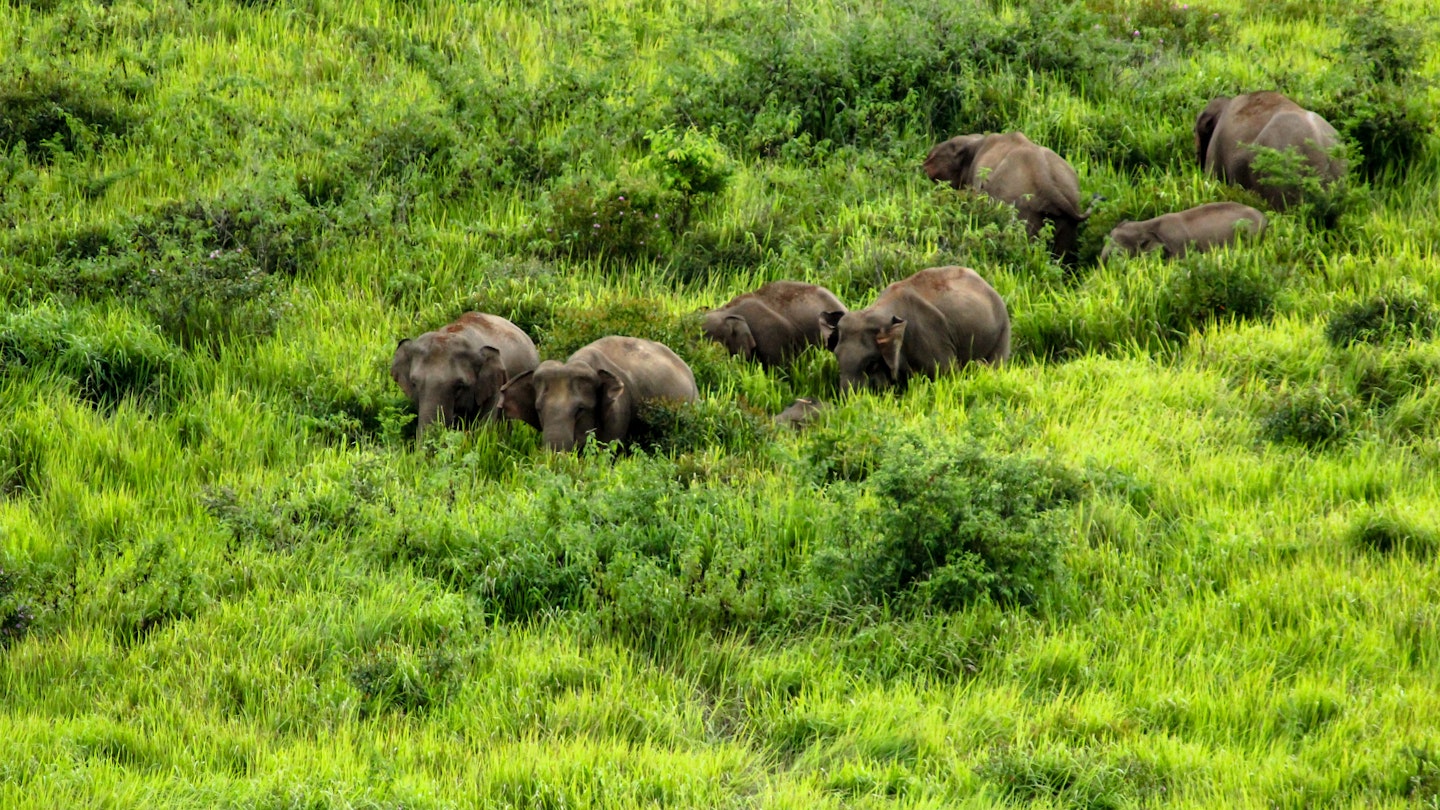Thailand’s National Parks: A New Era of Environmental Sustainability
In a surprising move, tourists who had stayed at Thailand’s Khao Yai National Park received packages containing rubbish they had left behind during their visit. A note included with the package read, “You forgot something in Khao Yai National Park. Allow us to return it to you.” Although returning trash is not an official policy of the Thai National Park system, this action is emblematic of efforts aimed at reassessing the relationship between humans and protected regions in the wake of the pandemic.

Thailand is renowned for being one of the most visited countries globally, supported by a vibrant domestic tourism sector. The Department of National Parks, Wildlife and Plant Conservation reports that over 20 million visitors explored Thailand’s national parks last year. Notably, Khao Yai National Park attracts more than a million visitors each year. However, during the peak New Year season in previous years, nearly 50,000 kg of garbage was left behind by visitors.
The situation escalated in 2018, when estimates indicated that up to 6,000 people were visiting Hat Noppharat Tara – Mu Ko Phi Phi National Park daily. Most tourists flocked to the iconic Maya Bay, a stunning location showcased in the 2000 film The Beach. Unfortunately, this influx led to significant environmental degradation; trash was littered, and marine anchors destroyed approximately 50% of the bay’s coral. The visible chaos and destruction resulted in widespread public outrage among Thai citizens, leading to the park’s indefinite closure.
Currently, two years after its closure, Maya Bay remains off-limits. Officials believe the environment has shown signs of recovery. Although no reopening date has been set, new rules and infrastructure are being established to mitigate visitor impact in the future.
The success of the closure at Hat Noppharat Tara – Mu Ko Phi Phi National Park, along with the two-month suspension of Thailand’s national parks during strict pandemic measures, revealed a significant realization: Thailand’s natural spaces could greatly benefit from periodic closures. Environment and Natural Resources Minister Varawut Silpa-archa has suggested that protected regions in Thailand be closed for between two to four months each year to facilitate ecological recovery.
As the nation steps into a post-pandemic era, its national parks are reopening, but international travel restrictions remain in place. Nevertheless, park officials are taking this opportunity to enforce established regulations more strenuously. Effective measures have included creatively returning rubbish to the rightful owners, filing formal complaints against litterbugs, banning alcohol consumption in national parks, and temporarily closing areas at high risk of damage.




